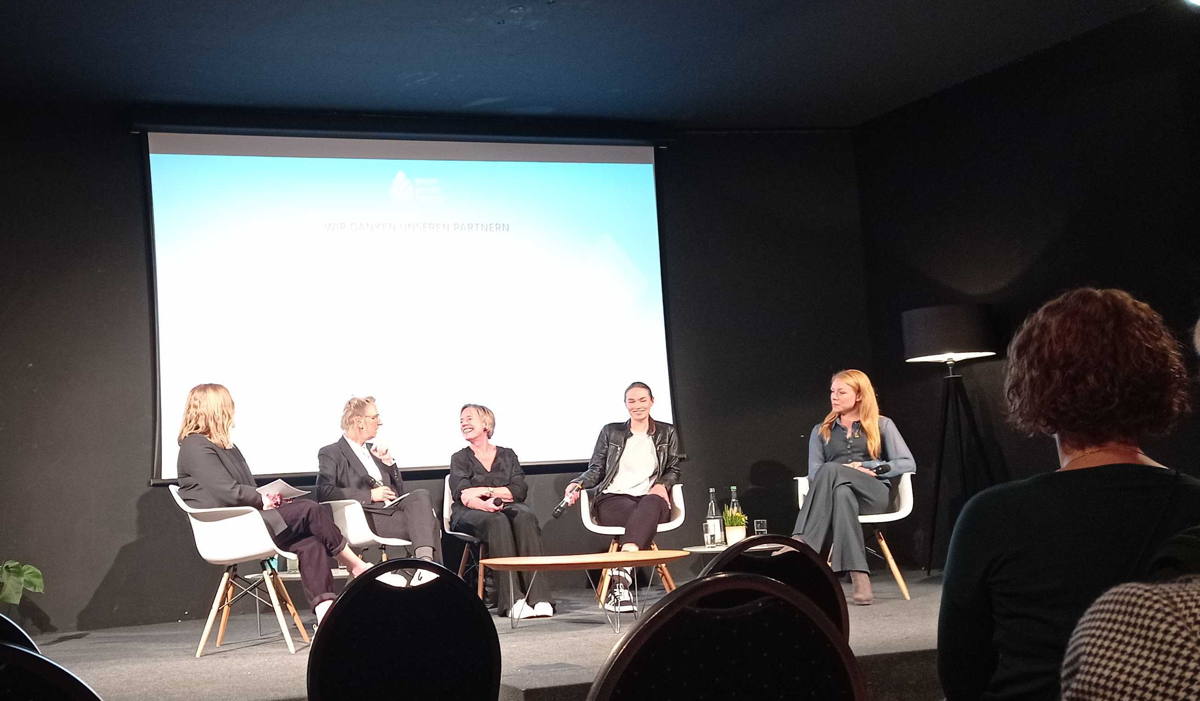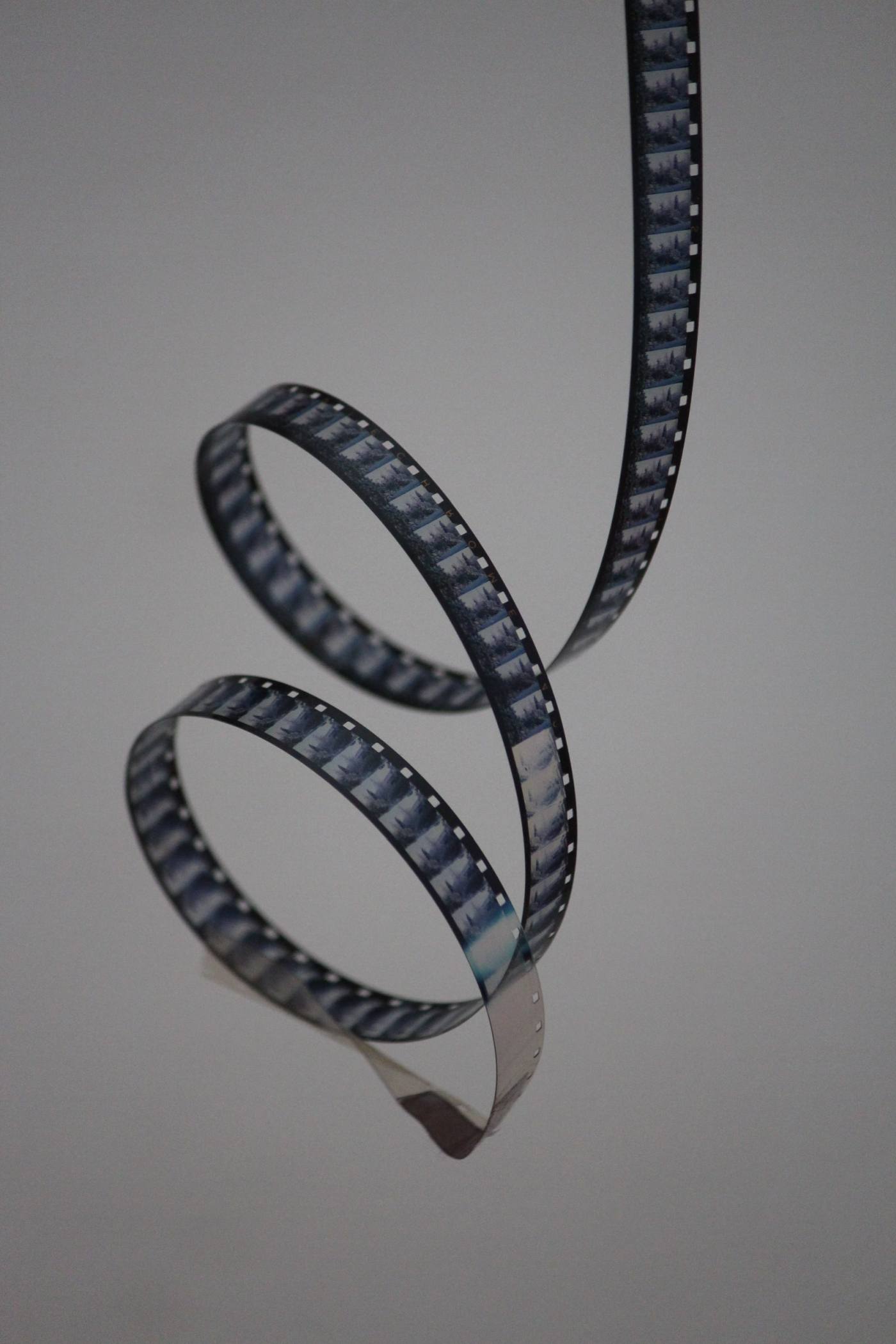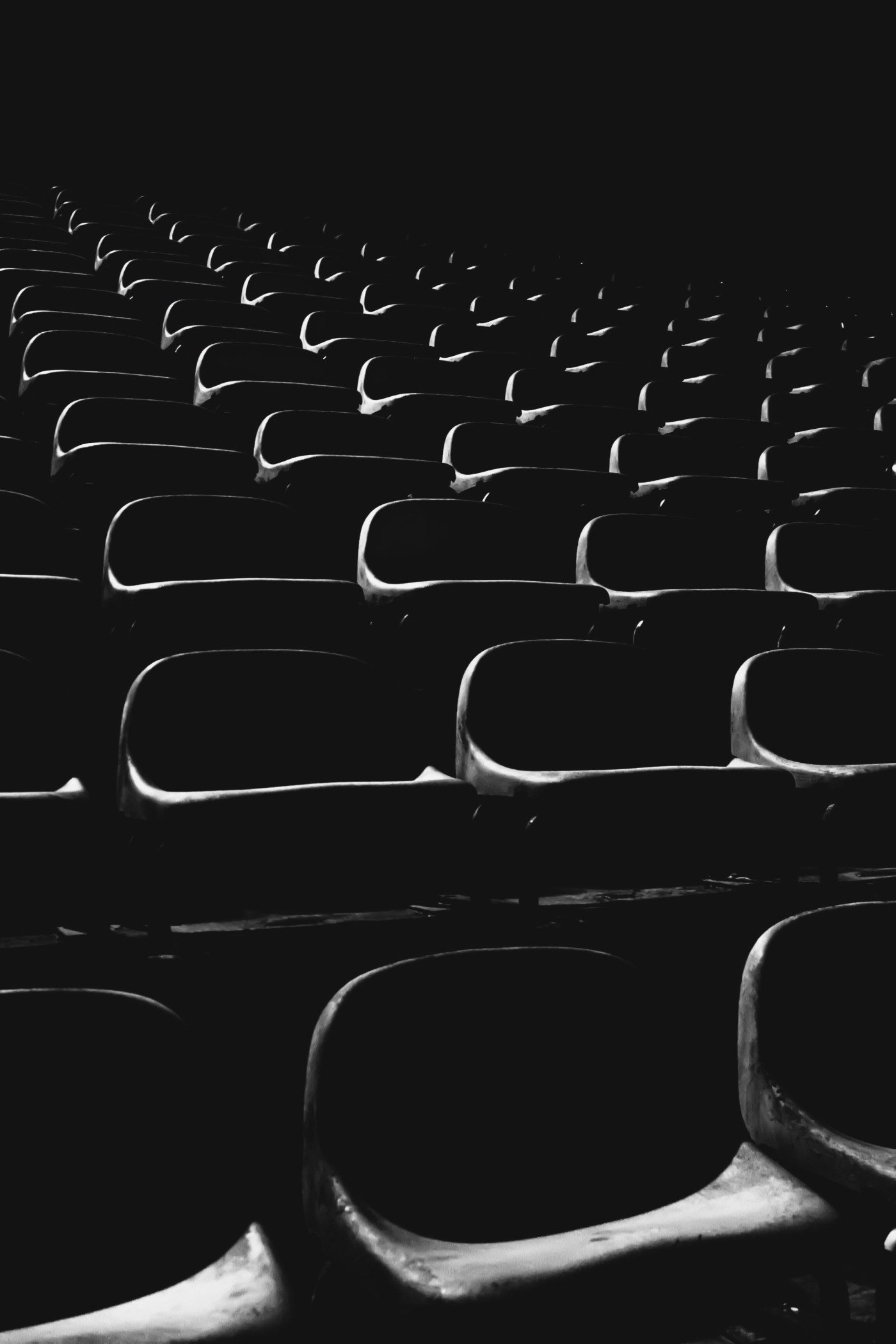The Green Actors Lounge | Paving the Way for a Greener Film Industry
The Green Actors Lounge took place on the 22nd and 23rd September at Haus Ungarn in Berlin. The event hosted various workshops and panel discussions on key issues, such as sustainable lifestyle, green film production and fairness. The format of the Green Actors Lounge aimed at bringing stakeholders together, in order to foster networks and pave the way for a greener film industry in the future.
To receive the Luxiders Newsletter, sign up here.
The smell of fresh coffee that is handed out in reusable cups to the guests of the Green Actors Lounge fills the room. People are in good spirits. Yet the subliminal sobriety of the event’s purpose seems tangible. The Green Actors Lounge that happened on the 22nd and 23th of September at Haus Ungarn in Berlin brought together dedicated personalities, representatives from diverse companies, and film contributors. The aim of these encounters was to spark conversation and exchange, in order to discuss and achieve a more sustainable and fair film industry. The Green Actors Lounge offered guests the possibility to attend various workshops and discussion panels online or on site. Luxiders had the chance to be there and to find out about the obstacles on the way to a greener film production and their potential remedies.

ONCE UPON A TIME... THE PARADIGM OF GREEN STORYTELLING
According to Alexandra Coffey, director of corporate responsibility at SKY Germany, one of the main problems for film and TV producers is the mitigation of environmental harm caused by transportation and technical equipment. Usually, film productions spare no expenses, to create movies that align fully to the script. This is why Christiane Dopp from the MOIN Filmförderung has pointed out that a green film production must start with green storytelling. Green storytelling should not be hindering creativity. Instead, it ought to be subtle and blend intelligently into the storyline. Dopp appealed to script writers to consider logistics that surround a plot. For instance, having a story set in less and reachable places would prevent unnecessary travelling back and forth around the globe and decrease the co2 footprint of the film industry.
GREEN CONSULTANTS: ADVOCATES OF SUSTAINABILITY AND FAIRNESS
During the Green Actors Lounge it became obvious that green film productions require personal commitment of all stakeholders, whereby communicating one’s environmental consciousness to others was found to be crucial. For instance, actors were invited to discuss alternative environmentally friendly practices with their agencies and production manager in terms of catering, transportation, make up and costumes on set. For instance, film makers should ensure that previous costumes are put back into the value chain and prevent feeding into the recent fast fashion model that is based on short-lived trends. However, in order to do so Actress and founder of v.Age Fashion, Anne Menden, highlighted the importance to follow one’s principals and the ability to assert these confidently. However, Menden acknowledged that existing hierarchical structures on set give supporting actors a harder time to make their voice heard. Actress, activist, and producer, Sara Sommerfeld, drew attention on people’s general fear of confrontation at work. She highlighted the essential role of green consulting, which is a relatively new job role. A green consultant is externally hired by a production to help implement sustainable structures. Besides, they are they contact persons for all individuals that have questions and concerns about sustainability. Green consultants are thus not only implementing environmentally friendly change but do also foster equality among the production members.
GREEN REQUIREMENTS, DISCOURSE ON POLITICS AND FINANCES
Naturally, discussing a transition to a greener film production went hand in hand with discourse on politics and budget. Numerous participants of panel discussion stated the necessity of a standardized system that helps film productions to adopt more sustainable practises. In fact, there are already a few attempts to do so out there. For instance, the MOIN Filmförderung introduced the Green Filming Badge, which ensures that productions are only funded if they meet a predetermined set of sustainability standards. However, Christine Rothe, director of Constantin Fim Produktion GmbH, emphasized small production’s difficulty to meet these standards, due to a small budget. Instead of blaming producers for not being able to fulfil a certain requirement, there ought to be flexibility, which allows producers to find alternative ways to balance their co2 emissions out.


“Sustainability is a process. You cannot just turn a switch.” Were the words of Christiane Dopp that made clear that the reduction of the film industry's environmental footprint is a slow and complex process. However, the Green Actors Lounge conveyed through its surprisingly large number of proposed incentives and solution a rather hopeful outlook on the future. We perceived this mindset not only to be contagious, but certainly refreshing.

+ Words:
Lissy Reichenbach
Luxiders Magazine




